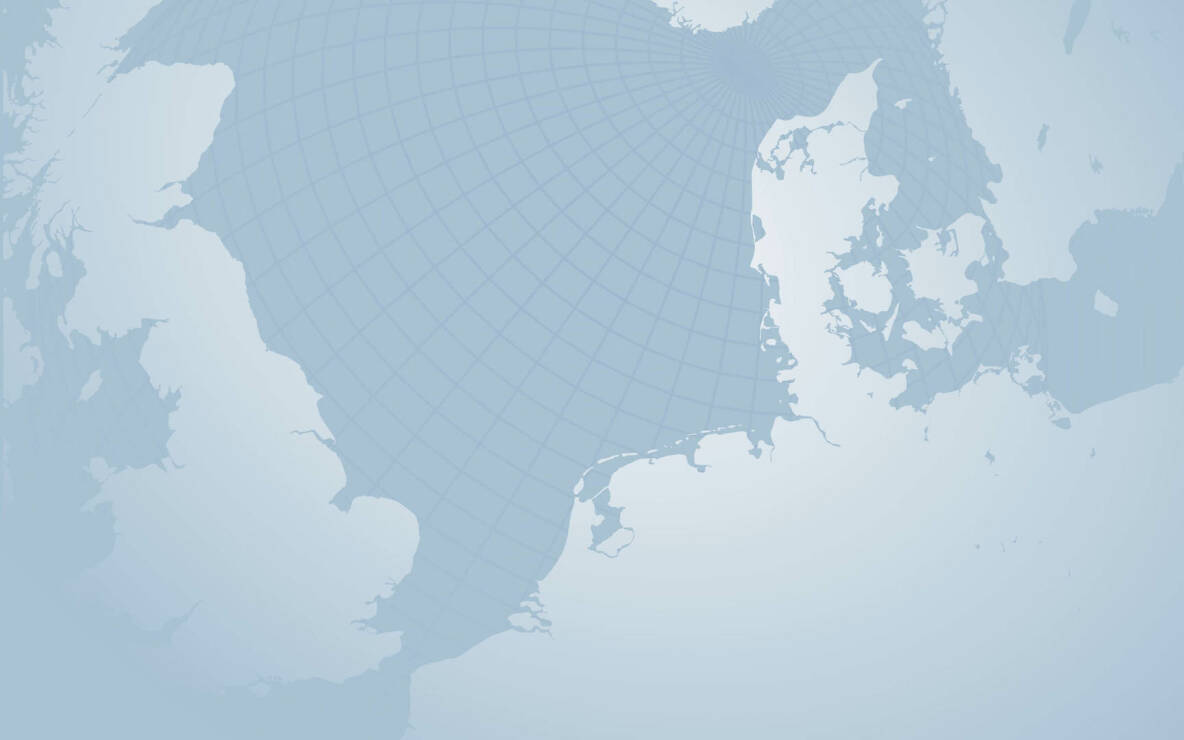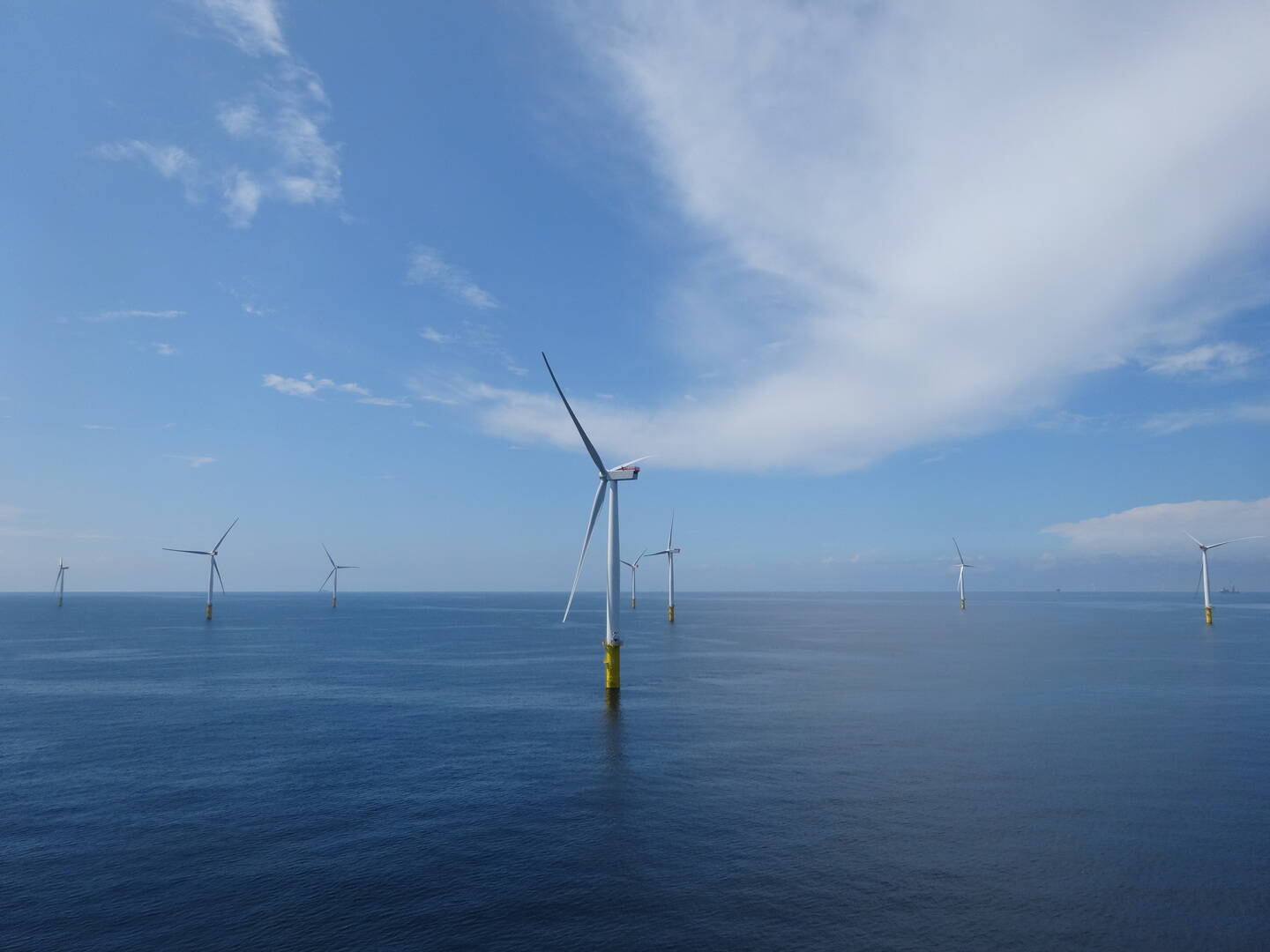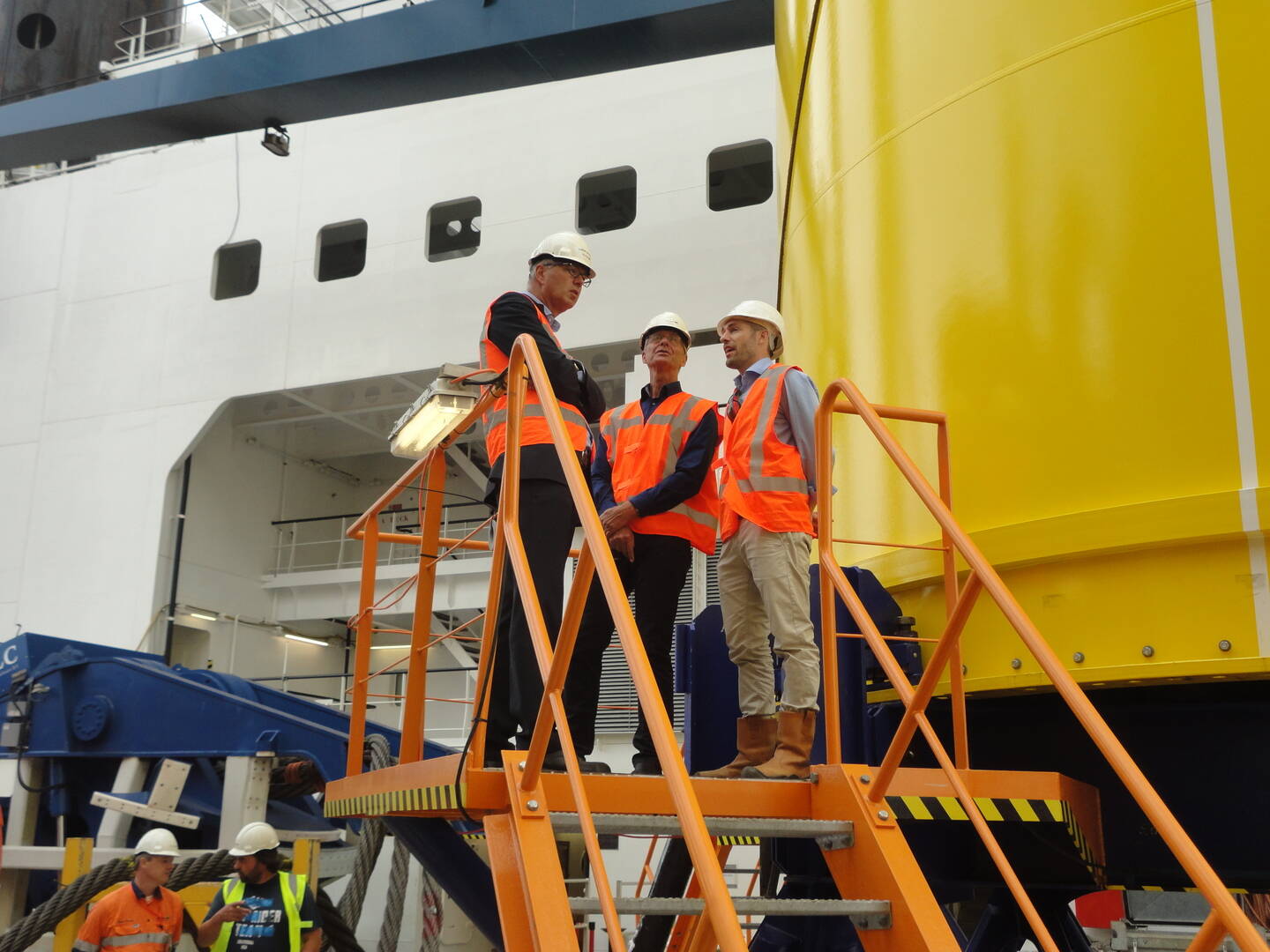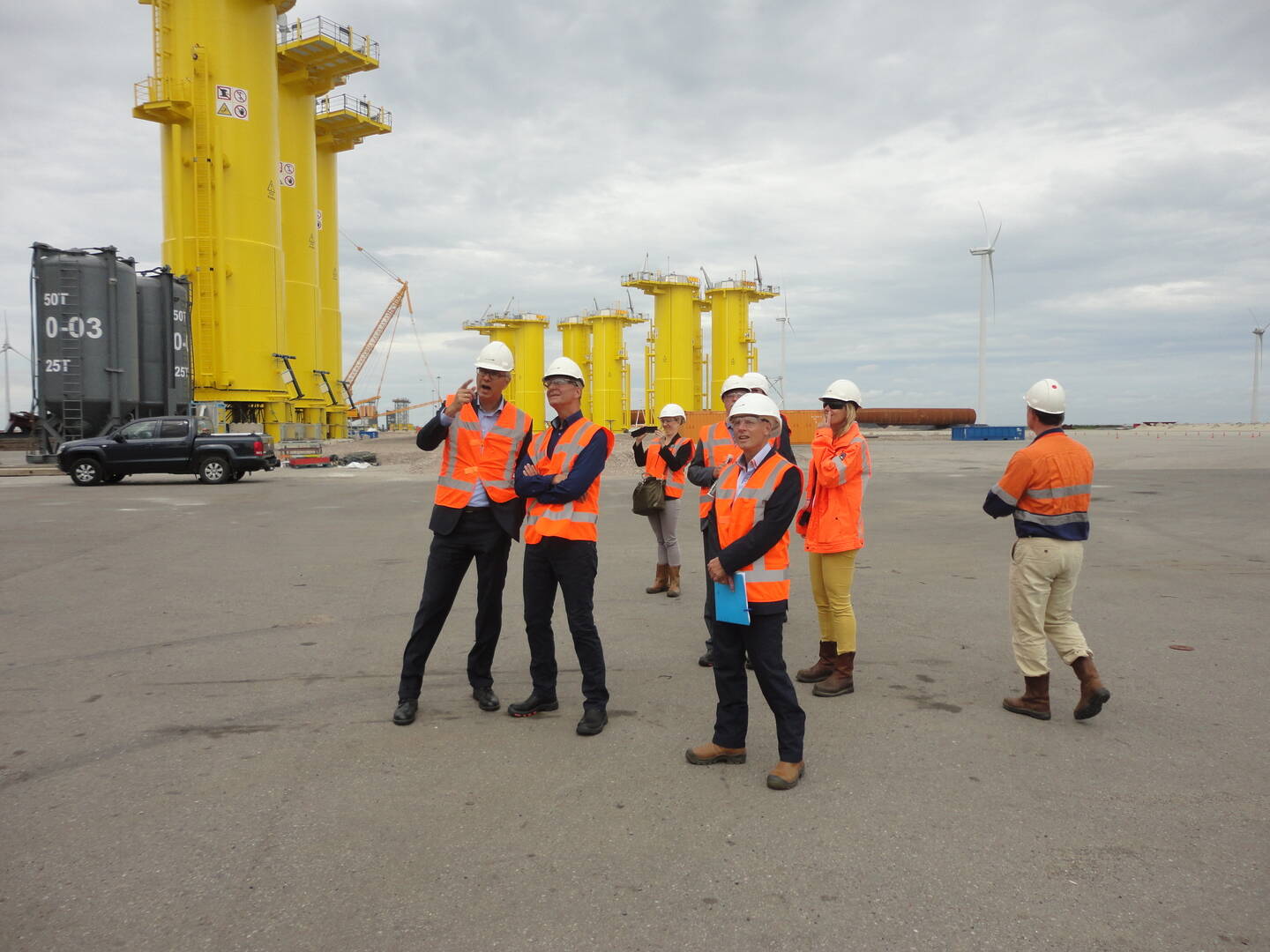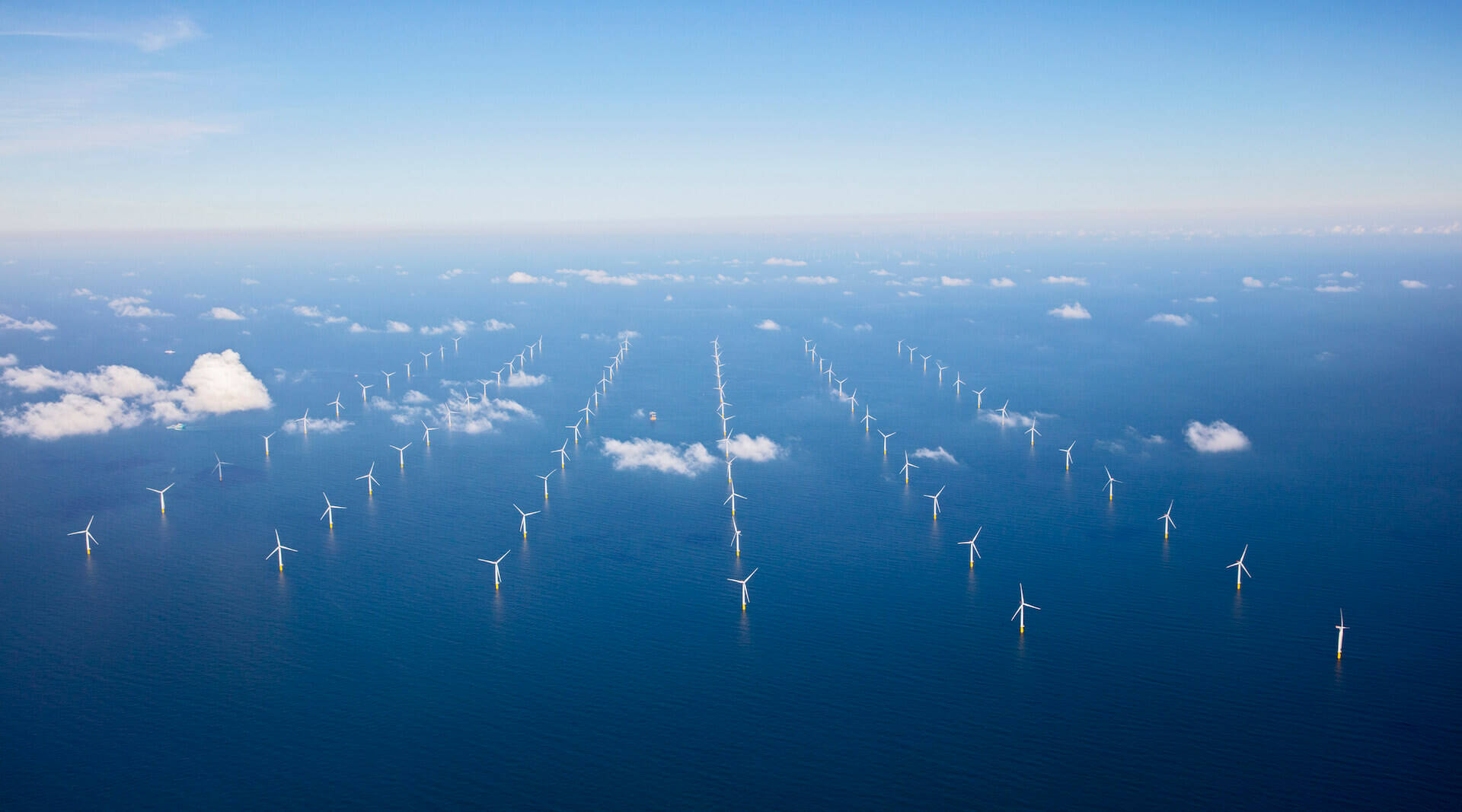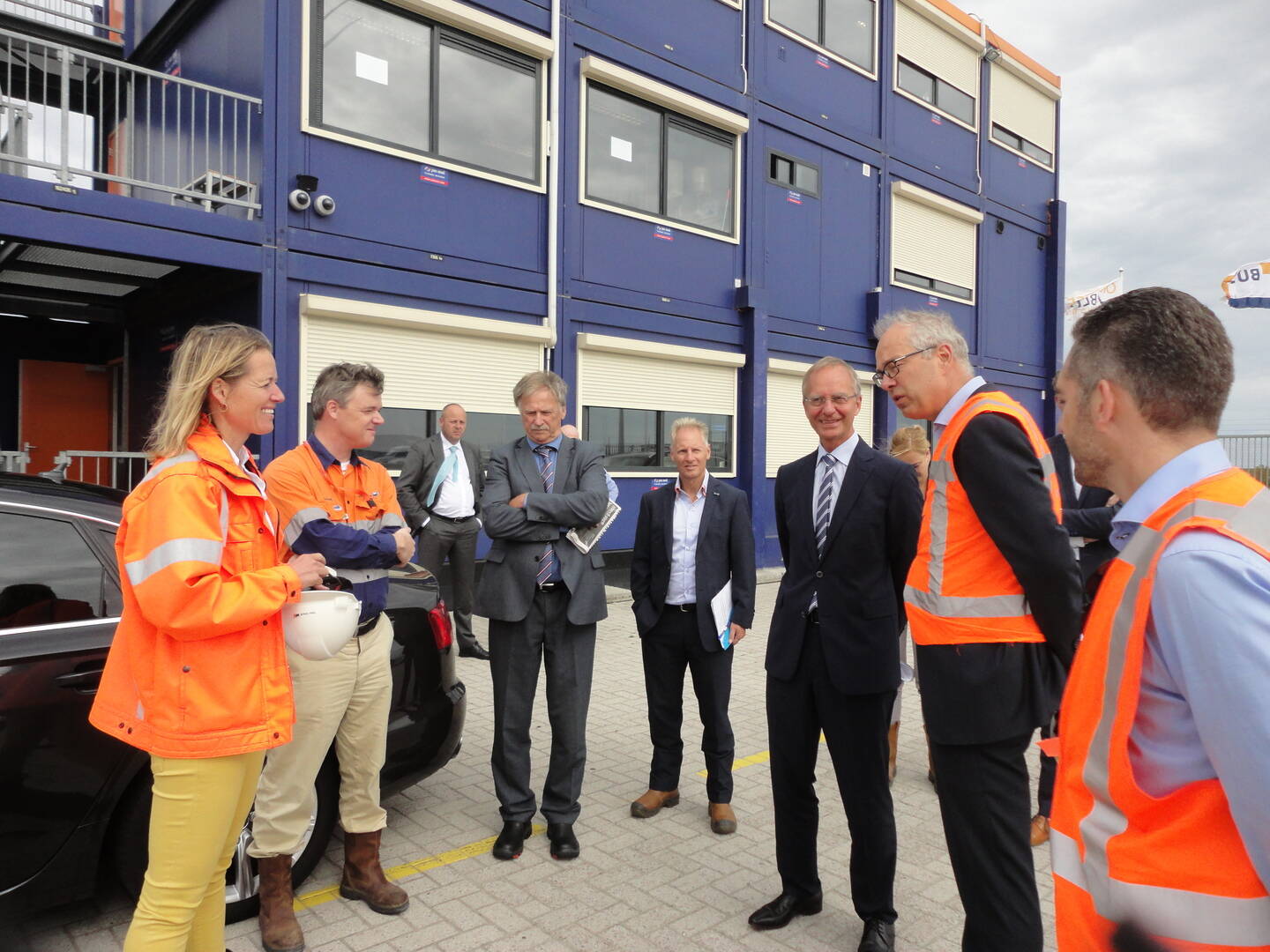In a frank interview with Henk Kamp, Dutch Minister of Economic Affairs, we take a closer look at the opportunities offshore wind offers for achieving the objectives for 2050 laid down in the Paris Climate Agreement.
Henk Kamp
Dutch Minister of
Economic Affairs
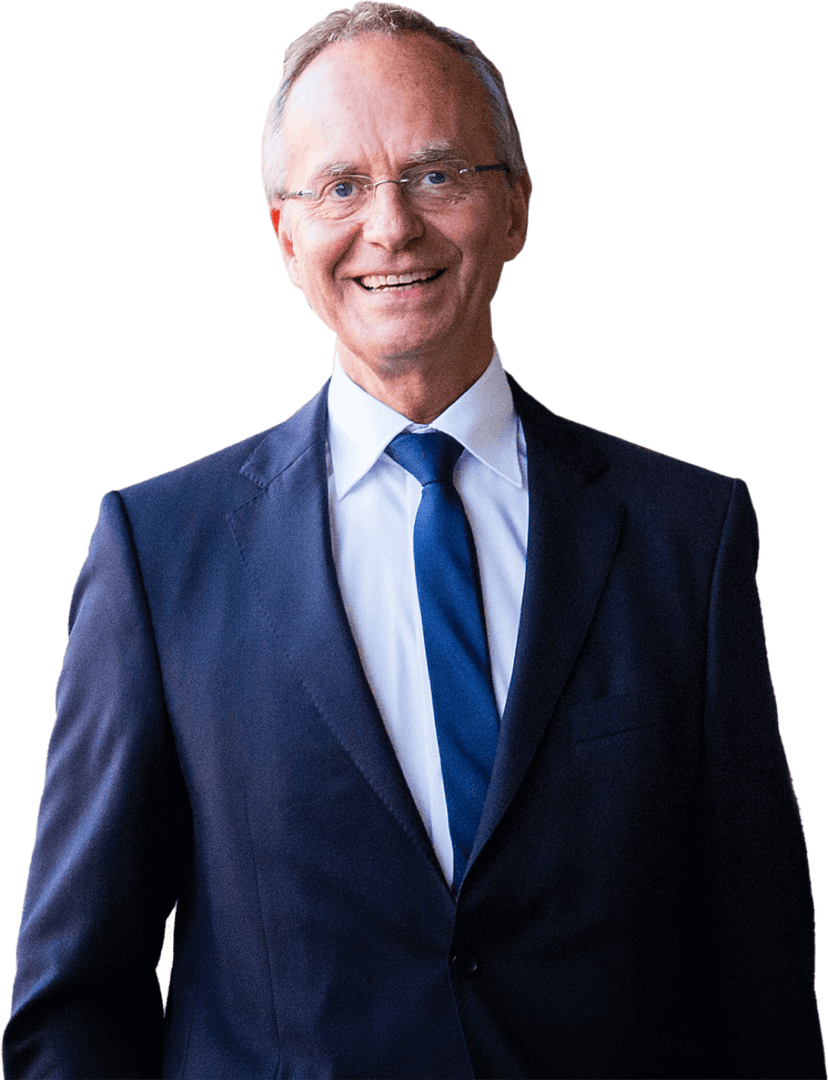
Van Oord is at the forefront of work that contributes to global, European and Dutch goals to combat climate change and reduce carbon emissions. As such, Van Oord acts as an agent of change to accelerate the energy transition while also creating economic benefits and societal value. Given its key role in the Gemini project, one of the world’s largest offshore wind projects, Van Oord has set out to understand and measure the value for the environment and for society. For this purpose, Van Oord and KPMG applied KPMG’s True Value methodology.










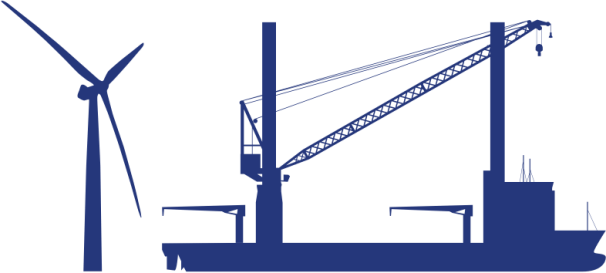
The analysis has highlighted the many opportunities for Van Oord, and all stakeholders involved, to substantiate societal value created by offshore wind. Offshore wind becomes an even stronger story to tell; not only in the public debate around bringing renewables to scale, but also in materialising business opportunities in a promising market.
societal value

Watch the animation video to learn about how Van Oord created societal value while doing business. Or read the leaflet 'The power of offshore wind'.


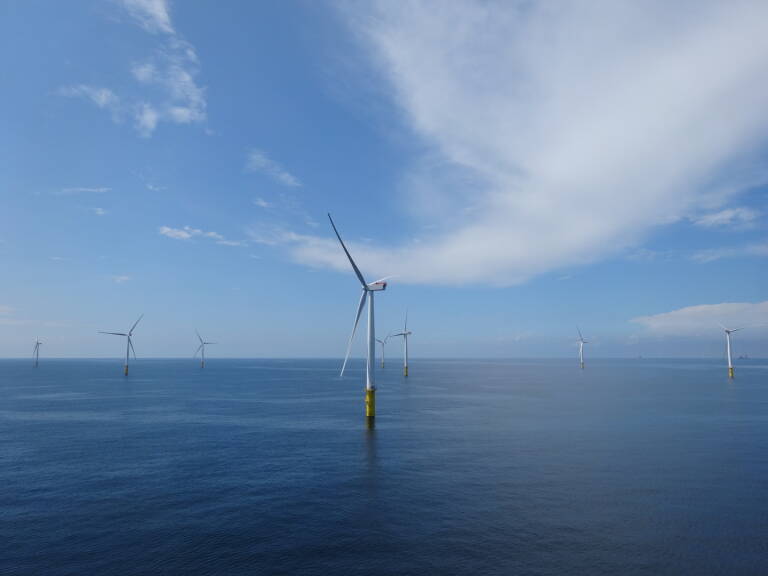
The transition towards a nearly carbon neutral society will require no less than a new Delta Plan. To speed up the energy transition the Transition Coalition is calling on the government to set up an independent climate authority and establish a national investment bank. What do you think of these plans?
‘It is good to see that stakeholders are committed to heading towards a long-term energy transition. It is clear that society as a whole must be behind the energy transition. I see this call by the Energy Transition mainly as a demand for more certainty and continuity for the industry that is embracing the Paris climate agreements, and also as a demand for insight into and monitoring of the progress of the energy transition. As regards the requested long-term outlook, the government will be seizing the opportunity in the short term to consult with various parties, including the Transition Coalition, about how we can work together to obtain the best structure for the pathway towards 2030.’
Last October, a group of around 50 Dutch businesses, including initiators Siemens, Van Oord, Eneco, Shell, and the Port of Rotterdam Authority, joined forces in a Transition Coalition to request the government to draw up climate legislation to implement the agreements reached at the Paris summit. What advice would you give them on their joint mission?
‘In my opinion, the fact that the initiators of the Transition Coalition have joined together with partners to make the energy transition more tangible from the business angle, is a positive development. The energy transition is a task for society as a whole. An important part of that task is the responsibility of the business community. However, I also think there is huge potential within that same Dutch business community to reinforce the transition. We are consulting with the Transition Coalition, and with other parties, about the way in which we can more effectively organise the long-term guarantees that the business community is asking for. Continuity of policy, on the basis of which businesses can set up investment programmes, is vital for our economy.
In the Energy Agreement, we formulate our ambitions for 2030 and 2050 and outline the further direction for the future. The energy transition is an ongoing development that will be continued, also when governments change. The energy policy climate objectives have a statutory basis by means of the ratification of the Paris climate agreement. These will be converted by the EU into specific objectives for 2030 and 2050. Consequently, these objectives will become legally binding for the Netherlands. The conclusion of the Energy Agreement is a good example of how you can achieve your objectives without a legal basis.’
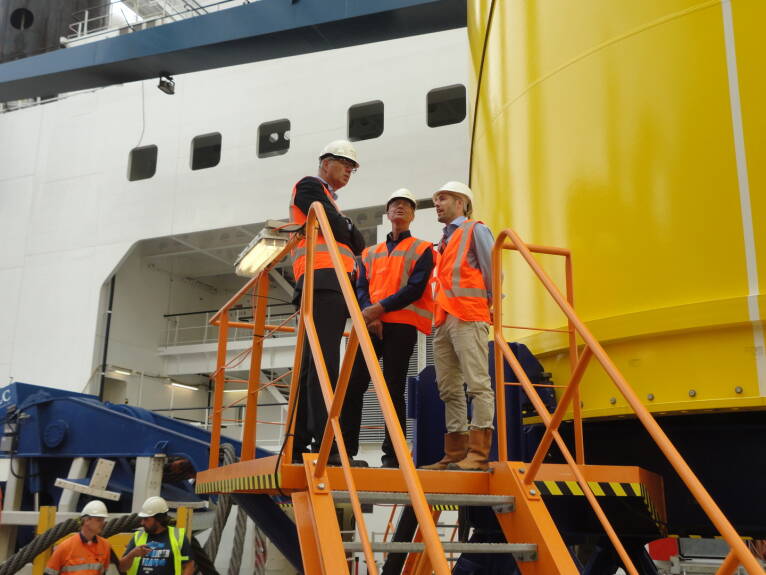
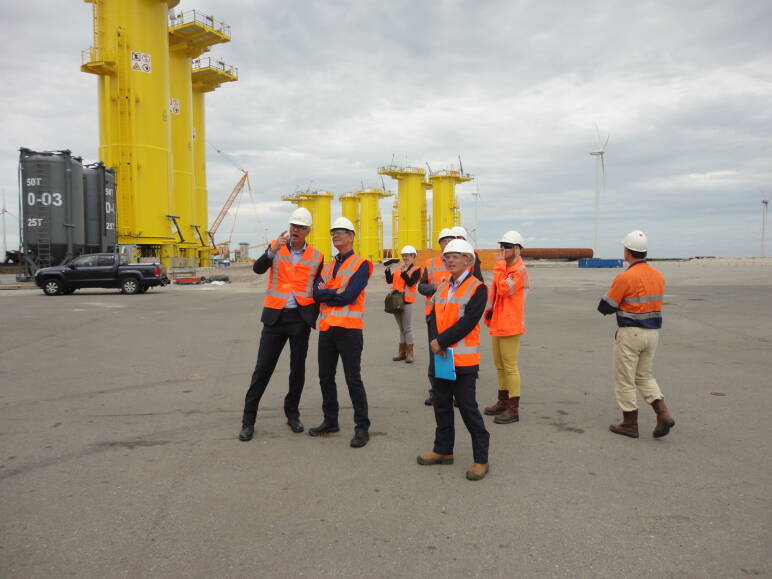
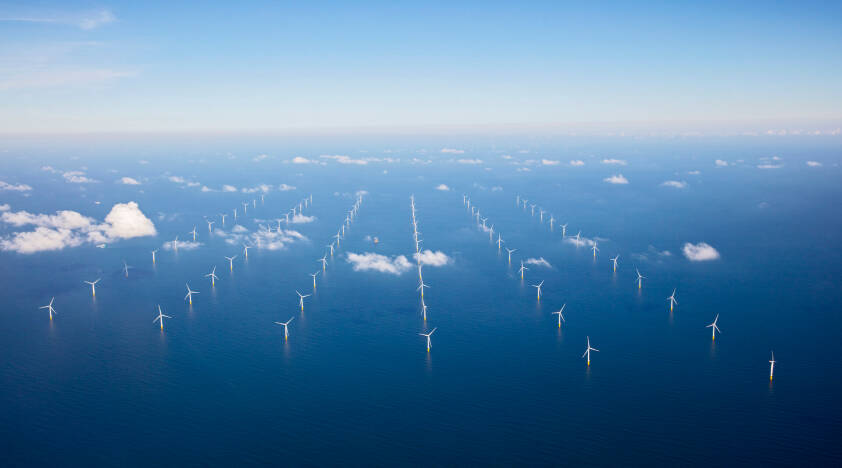
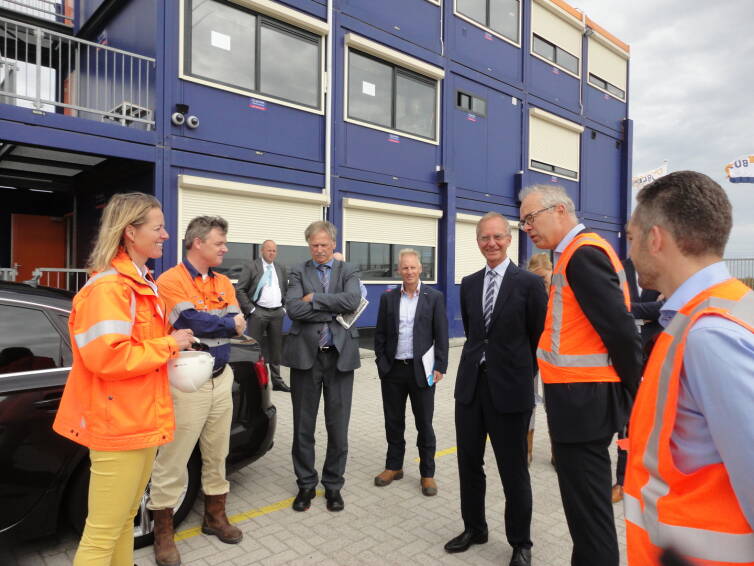
The Borssele III & IV wind farms, to be built by the Shell, Van Oord, Eneco and Mitsubishi/DEG consortium, will be operated without government subsidy after 7.5 years. It proves that renewables can in fact compete with fossil fuels. Why is this so important?
‘In order to play a major role in the energy supply, sustainable energy must be able to compete with energy generated from fossil fuels. That is why the Energy Agreement states that the costs for offshore wind energy should fall by 40% in the period from 2013 to 2023. All the partners thought that this was excessive, but following these first two tenders we already have a cost reduction of more than 55%. This has been achieved by a textbook example of collaboration between the public and private partners. The government has reduced the risk of delays and extra costs for businesses and ensured continuity by inviting tenders for a period of five years. The businesses subsequently invested in innovative technologies and improved logistics and the banks adjusted the risk premiums because they had been given confidence regarding the project return. As a result, the costs fell.’
offshore wind
The Dutch Government is working on the largest offshore wind projects worldwide. This will not only promote the transition towards renewable energy, it will also benefit the Dutch economy and society. What opportunities do these offshore wind projects offer?
‘The offshore wind farms currently under construction and those being built in the next decade and beyond will offer great opportunities for the development of innovative technologies and new techniques relating to installing, maintaining and eventually replacing these wind farms. I expect Dutch companies like Van Oord to continue playing an important role in the offshore wind sector, in both the domestic and foreign market. This will also offer employment opportunities and boost research.’
During the climate summit in Paris in December 2015, the Netherlands agreed to a reduction in greenhouse gas emissions of 80 to 95 percent by 2050. As Minister of Economic Affairs, you have been striving in the past four years for more sustainable economic growth and a stronger Dutch economy. In order to achieve these climate goals, what parties should be involved, how can they be motivated and how should be ensured that they are working along the same lines?
‘The energy transition we need in order to tackle climate change is one of the biggest challenges of our time. It is also a challenge that the government cannot address on its own. That is why we initiated the Energy Agreement in 2013 with 46 partners. As a follow-up, an energy debate has taken place in which various organisations and local authorities have discussed the transition to sustainable energy. I think such a participatory policy approach, aimed at benefiting from one other's strengths and building societal awareness and acceptance, is the only way forward. Businesses and private citizens are the indispensable partners that must put their weight behind the transition, otherwise it is doomed to fail.’
Van Oord is at the forefront of work that contributes to global, European and Dutch goals to combat climate change and reduce carbon emissions. As such, Van Oord acts as an agent of change to accelerate the energy transition while also creating economic benefits and societal value. Given its key role in the Gemini project, one of the world’s largest offshore wind projects, Van Oord has set out to understand and measure the value for the environment and for society. For this purpose, Van Oord and KPMG applied KPMG’s True Value methodology.
In a frank interview with Henk Kamp, Dutch Minister of Economic Affairs, we take a closer look at the opportunities offshore wind offers for achieving the objectives for 2050 laid down in the Paris Climate Agreement.
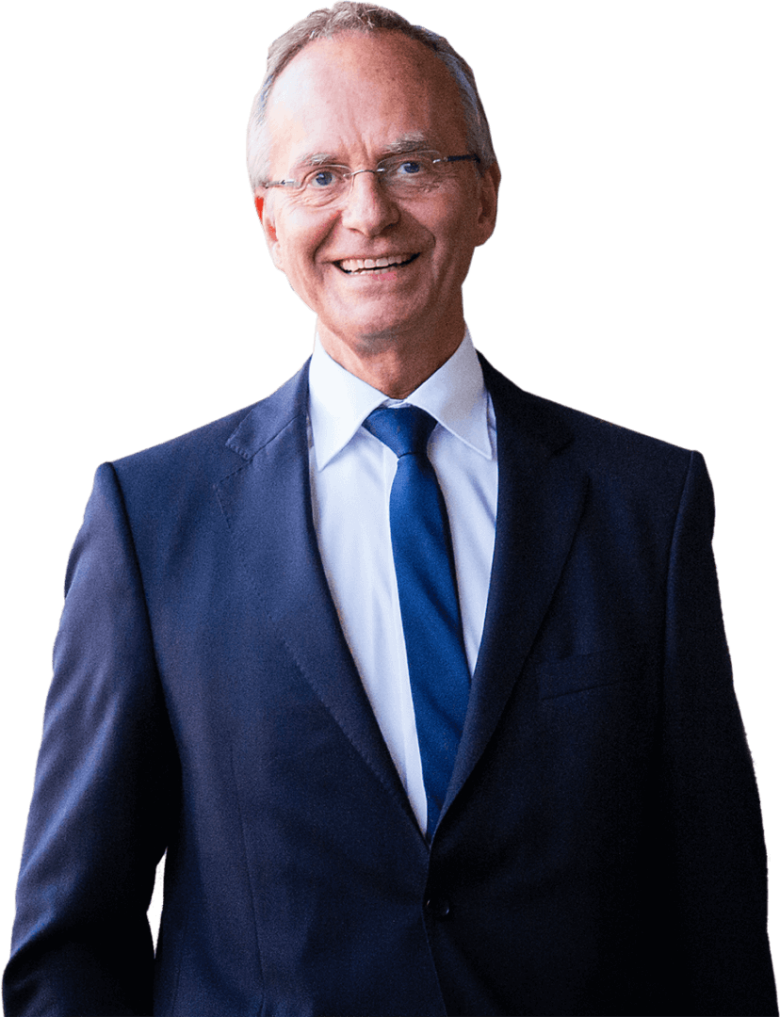
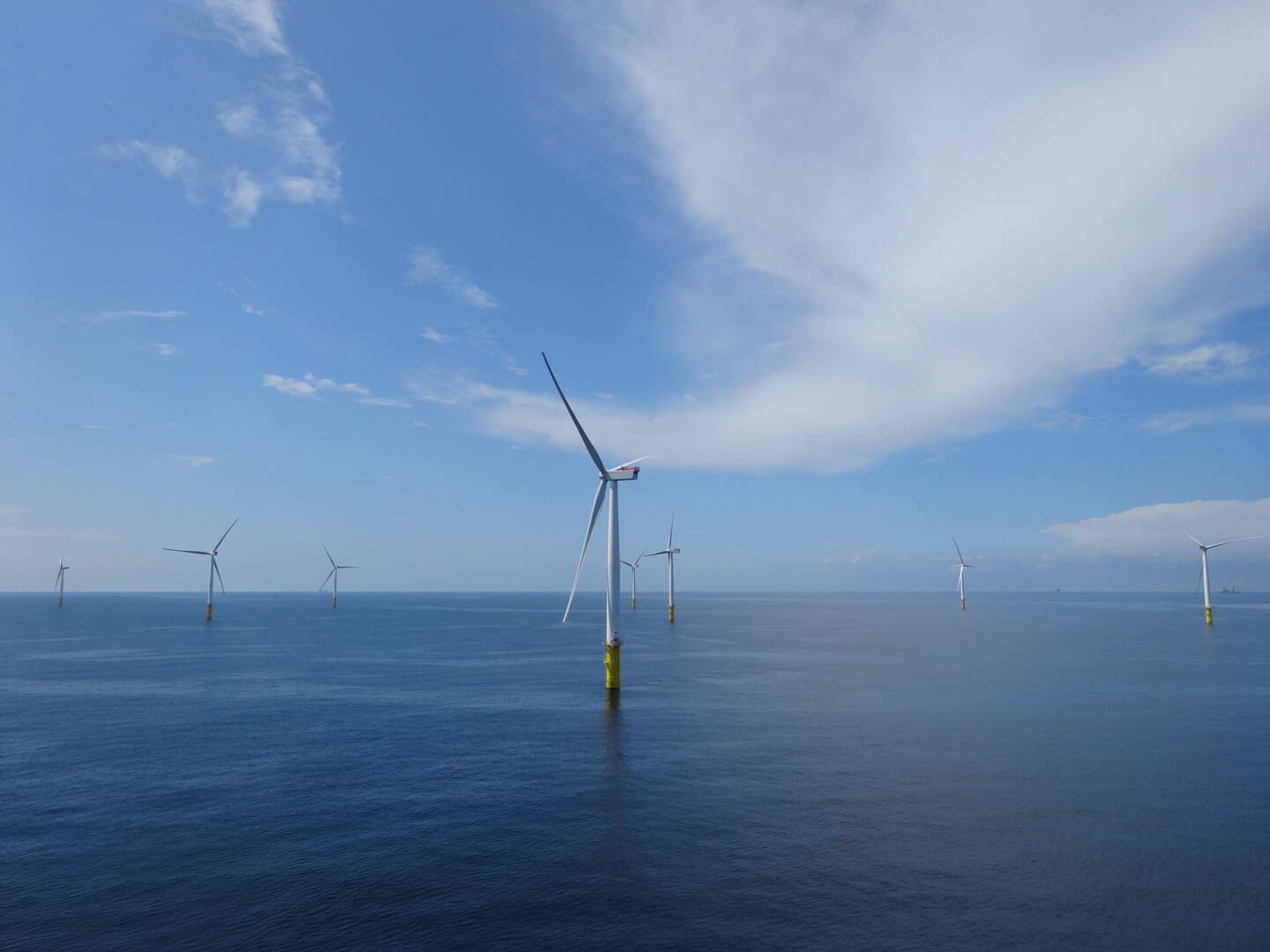
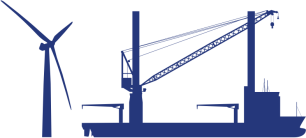
Watch the animation video to learn about how Van Oord created societal value while doing business. Or read the leaflet 'The power of offshore wind'.
The analysis has highlighted the many opportunities for Van Oord, and all stakeholders involved, to substantiate societal value created by offshore wind. Offshore wind becomes an even stronger story to tell; not only in the public debate around bringing renewables to scale, but also in materialising business opportunities in a promising market.
societal value
Van Oord contributes to the Dutch Energy Agreement on the following indicators: emissions reduction, (local) job creation, innovation and knowledge development.
The Gemini project creates a True Value for society of EUR 877 million.
Economic spin-off: EUR 929 million. Van Oord creates an economic spin-off effect in the Netherlands of EUR 367 million and EUR 562 million outside the Netherlands.
Van Oord enables the energy transition in the Netherlands with its Gemini project.
Subsidy: EUR 713 million Governmental subsidies to support large scale offshore wind lower the True Value of Van Oord.
Avoiding fossil fuel depletion benefits society: EUR 228 million.
The CO2 resulting from constructing all the materials and installation of the Gemini wind farm is gained back in 8 months.
Avoided emissions: EUR 454 million. Because of the Gemini project, 19 million tonnes of CO2 are saved.
437 direct jobs at Van Oord and an estimated 2,750 person years through supply chain spend.
